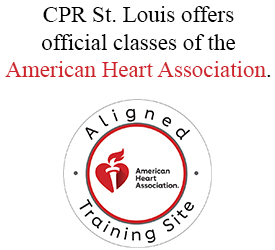Health-Disease Papers
Jock Itch by Laura Lentz
By CPR St. Louis at November 7, 2011 | 6:17 am | 0 Comment
Jock itch is a fungal infection. Its clinical name is tinea cruris. This infection can affect the skin of genitals, inner thighs, and buttocks. It is an itchy, red rash. Jock itch gets its name because it is common in athletes, who sweat a lot. It usually is not serious, but can be bothersome and uncomfortable. (adsbygoogle = window.adsbygoogle || []).push({ more...
Seasonal Affective Disorder (SAD) by Ashley Nagel
By CPR St. Louis at November 5, 2011 | 9:18 am | 0 Comment
Seasonal Affective Disorder (S.A.D.) is a type of mild to severe depression that occurs around the same time every year, typically in the fall and winter, although rare cases do get S.A.D. during the spring and summer as well. It's thought that Seasonal Affective Disorder is caused by lack of sun in the fall and winter months. Lack of sun can lead to disruption to more...
Peptic Ulcers Caused by NSAIDS | Nelly Paredes
By CPR St. Louis at November 4, 2011 | 7:10 am | 0 Comment
Peptic ulcers are sores or injuries on the inside layer of the stomach or duodenum. These ulcers are caused when the stomach acids penetrate the stomach or intestines. One common cause of peptic ulcers is the frequent use of non-steroid and anti-inflammatory drugs (NSAIDs), which are often used to care for headaches, arthritis, menstrual pain, cramping, muscle more...
What is Thalassemia by Brian Ly
By CPR St. Louis at November 3, 2011 | 6:18 am | 0 Comment
Thalassemia is a genetic blood disorder that affects the production of the hemoglobin. Hemoglobin is a protein that is located in the blood and transports oxygen from the lungs to the rest of the body. If there is not enough hemoglobin, then blood cells will not be able to carry enough oxygen to the organs, resulting in that organ not functioning properly. Hemoglobin is more...
Dehydration and Electrolyte Imbalance by Jo Aerne
By CPR St. Louis at October 30, 2011 | 8:47 am | 0 Comment
There is a fine line in having the correct “balance” in terms of our water, salts, minerals, and electrolytes. Whether you have too little fluid or too much water, both situations have consequences, some of which could be fatal. What is the physiological explanation of all this? (adsbygoogle = window.adsbygoogle || []).push({ google_ad_client: more...












